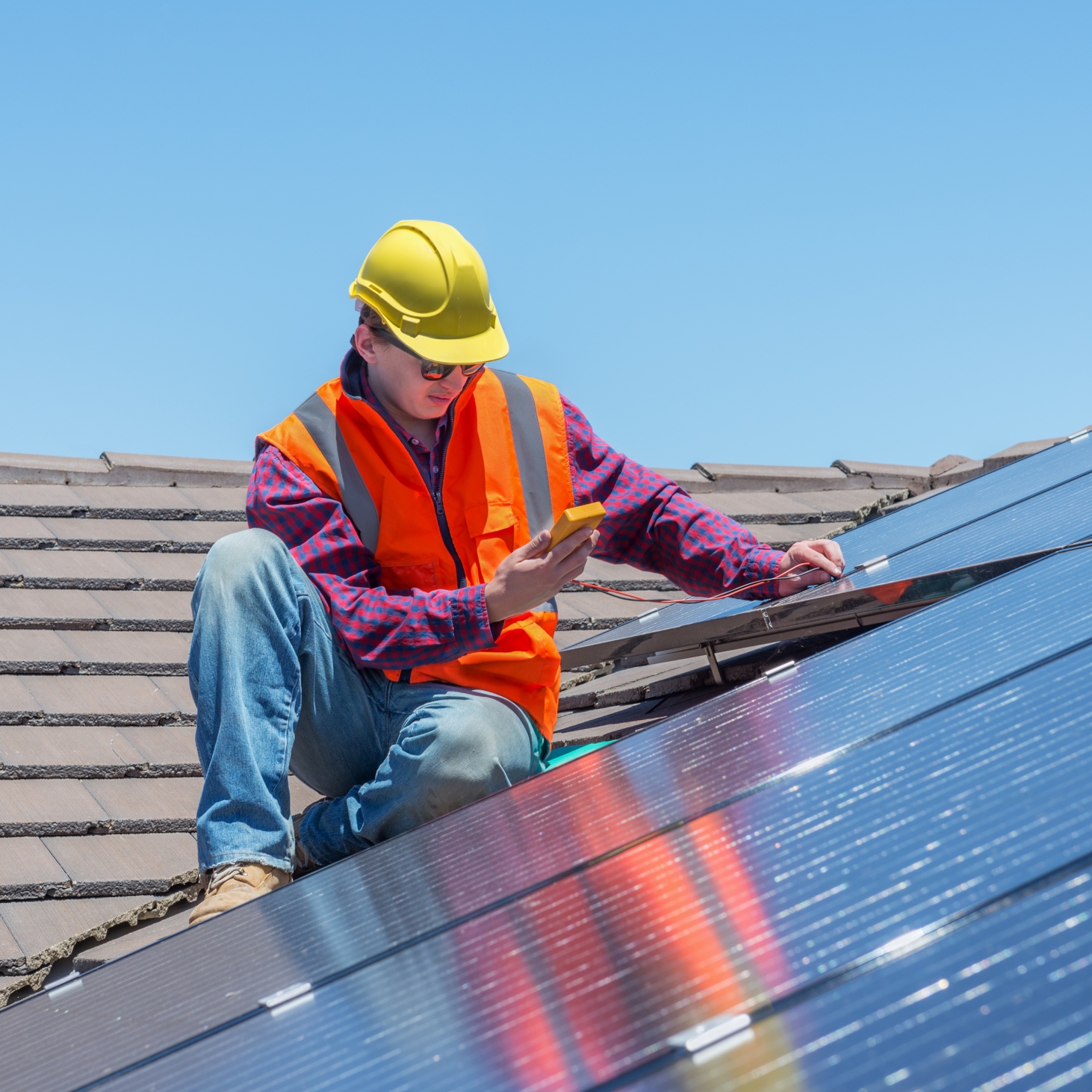Energy
If President Trump Wants Tariffs, the Solar Industry Is Target #1

Published:
Last Updated:

When President Trump reportedly demanded that his staff lose the idea of restricting steel imports from China and “bring me some tariffs,” that painted a target on the U.S. solar industry, which is already embroiled in a trade case brought by two bankrupt solar module makers against Chinese module makers.
Suniva and the U.S. subsidiary of Germany’s SolarWorld, are seeking a floor price of $0.78 per watt on solar modules and a tariff of $0.40 per watt on imported modules.
The U.S. solar industry’s main trade association, the Solar Energy Industries Association (SEIA), has staked out its position in favor of low prices for cells and modules to keep the fast growing solar equipment and installer sectors.
In a hearing earlier this month before the U.S. International Trade Committee (USITC), both sides argued their cases. According to a report at GreenTech Media, the lawyer for Suniva argued:
Even as U.S. demand for solar products increased from 2012 to 2016, foreign suppliers — including those in China, Korea, Canada and Malaysia — began capturing an even larger share of the U.S. market. But then we saw module prices drop by a third in the second half of 2016, during a year when all imports increased by 50 percent from the previous year.
SolarWorld CEO Juergen Stein added, “Unless we act promptly and decisively, the United States may find itself with no solar manufacturing sector left at all.”
SEIA attorney Matthew Nicely rebutted that Suniva and SolarWorld “seek a public remedy for their own private failing. If successful, they will undermine the hard work and innovation that is making solar a viable alternative to conventional energy sources.”
The USITC must rule on the trade case by September 22. If the commission decides that Suniva and SolarWorld have been injured or if the commission vote is tied, a second hearing on the question of remedy for the injury will be held on October 3. The USITC must submit its final report to the president by November 13.
Provided his administration cannot find a way to make good on the president’s campaign promise to institute tariffs before that November date, the president will have the power to do the deed himself. But here’s a ready-made case with a clear argument for the loss of U.S. manufacturing jobs. Administration officials who want to give the president what he wants have been handed a gift they didn’t know what to do with before last weekend.
The thought of burdening your family with a financial disaster is most Americans’ nightmare. However, recent studies show that over 100 million Americans still don’t have proper life insurance in the event they pass away.
Life insurance can bring peace of mind – ensuring your loved ones are safeguarded against unforeseen expenses and debts. With premiums often lower than expected and a variety of plans tailored to different life stages and health conditions, securing a policy is more accessible than ever.
A quick, no-obligation quote can provide valuable insight into what’s available and what might best suit your family’s needs. Life insurance is a simple step you can take today to help secure peace of mind for your loved ones tomorrow.
Click here to learn how to get a quote in just a few minutes.
Thank you for reading! Have some feedback for us?
Contact the 24/7 Wall St. editorial team.